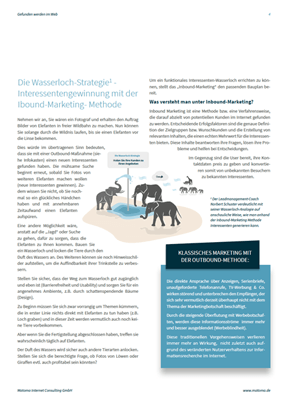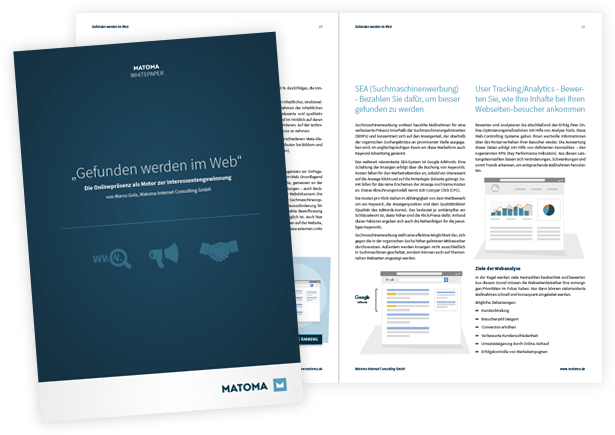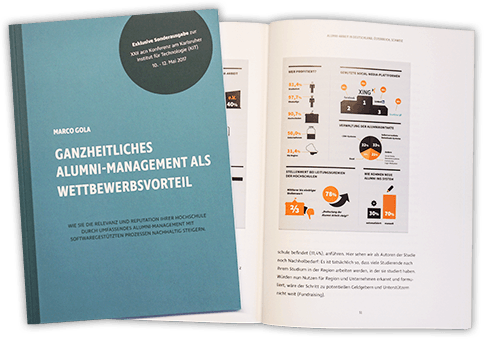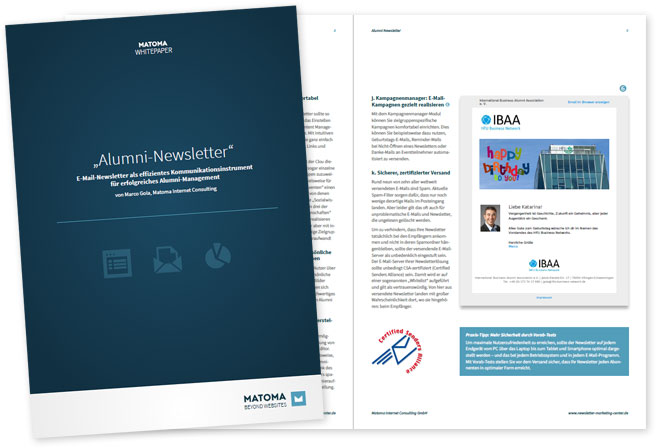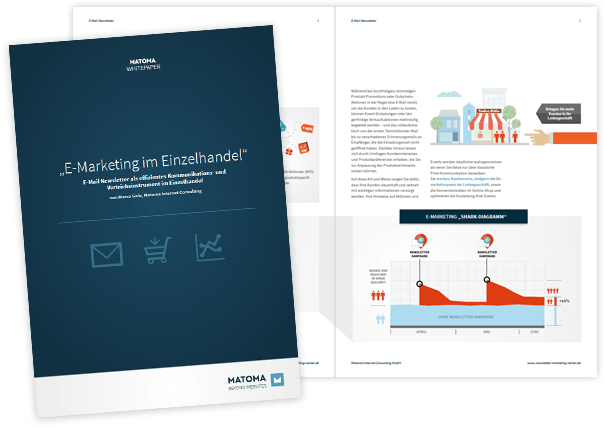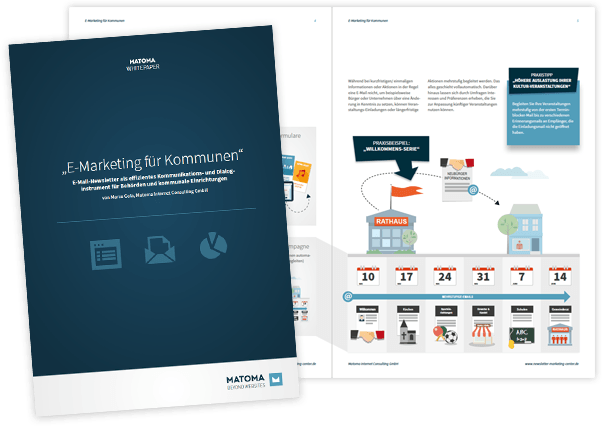
In the digital marketing world, backlinks play a crucial role in the success of your website. They are one of the most important factors in search engine optimization (SEO) and can make the difference between a highly ranked website and one that is barely visible. In this comprehensive blog article, I will explain to you what backlinks are, why they are so important for SEO, and how you can effectively develop a backlink strategy for your website.
What are backlinks?
Backlinks, also known as inbound links or inbound links, are links from one website to another. When a website links to your website, it is considered a backlink. Search engines like Google view backlinks as a kind of vote of confidence for your website. The more quality backlinks you have, the more trust and authority your website will be attributed.
Why are backlinks important for SEO?
Increased visibility and ranking
Backlinks are one of the most important ranking factors for search engines. Google and other search engines use backlinks to evaluate the relevance and authority of a website. Websites with lots of quality backlinks tend to rank higher in search results.
Traffic generation
Backlinks can drive direct traffic to your website. If a high-ranking website links to your website, there is a high chance that users will follow that link and visit your website.
Faster indexing
Search engine crawlers use backlinks to discover and index new content. If your website has backlinks from already indexed websites, your website will be found and indexed faster by search engines.
Trustworthiness and authority
Websites with lots of quality backlinks are viewed as more trustworthy and authoritative. This can not only improve your ranking, but also increase user trust in your brand.
The quality of the backlinks
Not all backlinks are created equal. The quality of backlinks is crucial to their impact on your SEO. Here are some factors that affect the quality of a backlink:
Authority of the linking site
Backlinks from high-ranking and authoritative websites are more valuable than those from lesser-known or new websites. Linking from an established, reputable website can give your SEO a significant boost.
Relevance of the content
The relevance of the content of the linking page plays an important role. Backlinks from pages that are thematically relevant to your website are more effective than those from pages that are thematically unsuitable.
Anchor text
The anchor text, i.e. the visible, clickable text of the link, is also important. A relevant, keyword-optimized anchor text can strengthen the SEO effect of a backlink.
DoFollow vs NoFollow
Backlinks can be marked DoFollow or NoFollow. DoFollow links pass on SEO value while NoFollow links do not. However, nofollow links can bring traffic and visibility and are therefore not completely worthless.
Strategies for building backlinks
Building a solid backlink strategy takes time and effort, but can provide significant benefits to your SEO. Here are some effective strategies for building backlinks:
Creating high-quality content
High-quality, relevant and useful content is the key to getting backlinks. Content that offers added value is more likely to be linked from other websites.
Write guest posts
Guest posting on other websites can help you get backlinks and increase your reach. Make sure to provide high-quality content that is useful to the guest website readers.
Broken link building
Find broken links on other websites and suggest replacing them with links to your content. This is a win-win strategy as you help the website fix its broken links and get a backlink at the same time.
Participation in forums and communities
Actively participate in topic-relevant forums and communities. By sharing valuable content and answering questions, you can generate backlinks to your website.
Use of social media
Share your content on social media platforms to increase visibility and gain potential backlinks. If your content goes viral, it can lead to numerous backlinks.
The role of backlinks in long-term SEO strategy
Backlinks are a long-term investment in your website’s SEO. Here are some points to consider when developing your long-term backlink strategy:
Continuously create high-quality content
Regularly creating and publishing high-quality content is crucial. The more valuable content you have, the more opportunities there are for others to link to your website.
Monitoring and maintaining your backlink profile
Monitor your backlink profile regularly to ensure you are receiving high-quality backlinks. Tools like Google Search Console and Ahrefs can help you analyze your backlinks and identify harmful links.
Diversification of backlinks
Use a variety of sources for your backlinks. A healthy mix of backlinks from blogs, news websites, forums, social media and other relevant sites is ideal.
Adapting to algorithmic changes
Search engine algorithms are constantly changing. Stay up to date on the latest developments and adapt your backlink strategy accordingly. What works today may be less effective tomorrow.
Challenges in building backlinks
Building backlinks is not without its challenges. Here are some common problems and how to overcome them:
Quality over quantity
It’s tempting to generate lots of backlinks quickly, but quality should always come before quantity. Avoid low-quality or spammy links as these can harm your SEO.
Time investment and patience
Building high-quality backlinks takes time and patience. It may take months for your efforts to pay off. Focus on a long-term strategy and stay consistent.
Risk of manual penalties
Google can manually penalize websites that attempt to generate backlinks through unethical methods. Make sure to only use legitimate and white hat SEO techniques to minimize this risk.
Competitive pressure
In highly competitive niches, it can be difficult to get quality backlinks. Focus on unique and valuable content that stands out from the crowd.
The future of backlinks in SEO
While backlinks remain an essential part of SEO, the importance and weight given to them by search engines is constantly evolving. Here are some trends and considerations for the future of backlinks:
User experience and engagement
Search engines are placing increasing emphasis on user experience and engagement. Backlinks remain important, but they become part of a broader picture that also includes other factors like dwell time and bounce rate.
Changed algorithms
Google and other search engines are constantly refining their algorithms to prevent manipulation. Artificial or purchased backlinks could be less effective or even result in penalties in the future.
More emphasis on content quality
High-quality, relevant content will continue to gain in importance. Search engines are getting better at evaluating the quality and relevance of content, which also influences the way backlinks are weighted.
AI and machine learning
Artificial intelligence and machine learning are playing an increasing role in evaluating backlinks and determining their relevance. These technologies can help better detect and evaluate manipulated or low-quality backlinks.
Conclusion:
Backlinks are and will remain a critical part of search engine optimization. They contribute significantly to your website’s visibility, authority, and ranking. By specifically building high-quality backlinks, you can not only improve your SEO performance, but also strengthen the trust and credibility of your brand. Invest time and effort in a sustainable backlink strategy for long-term success.



